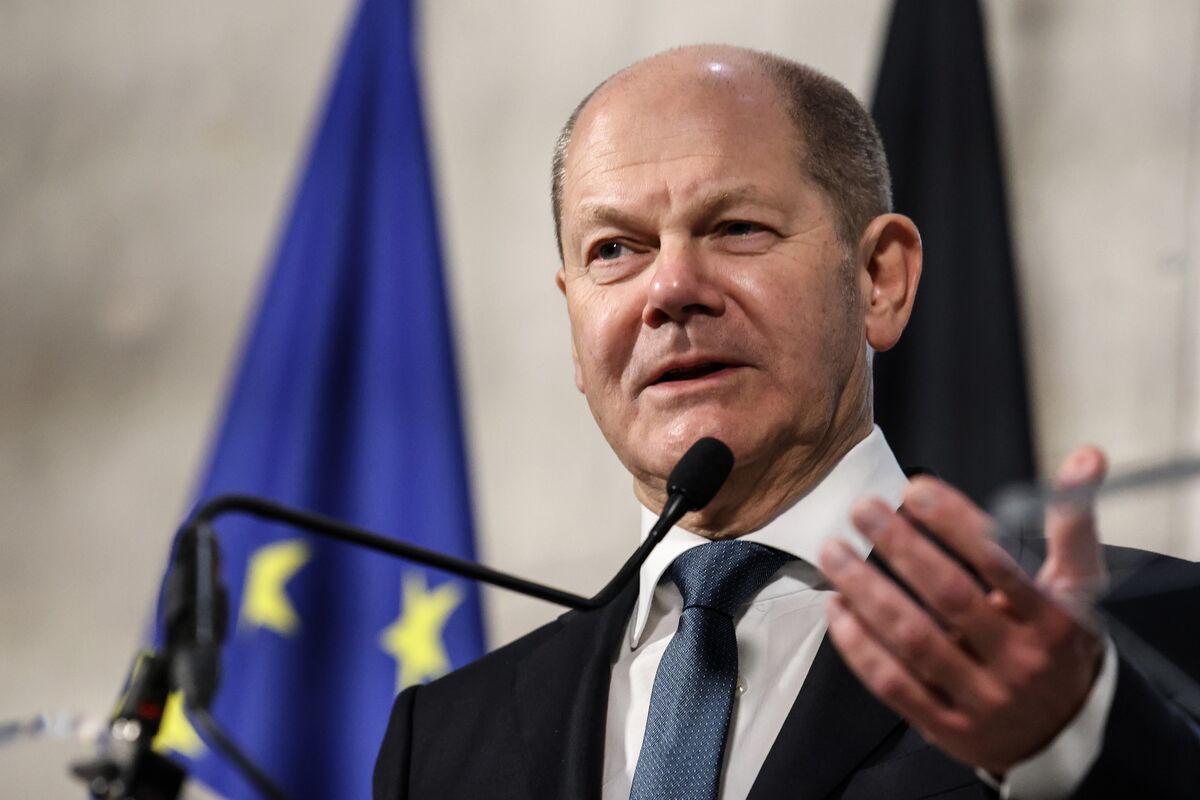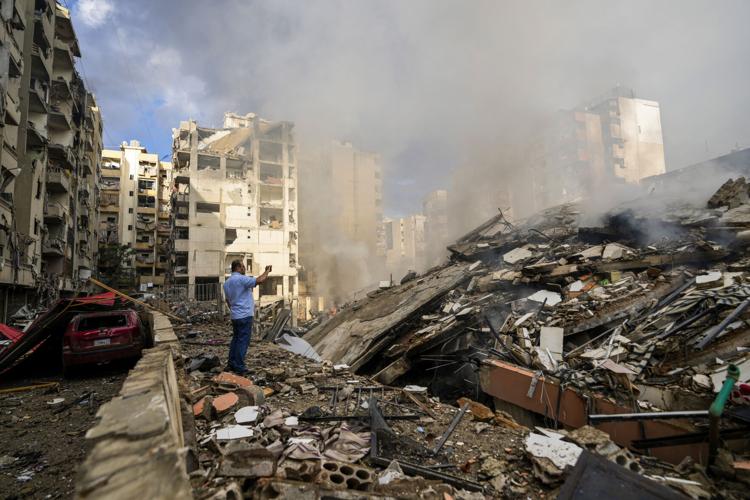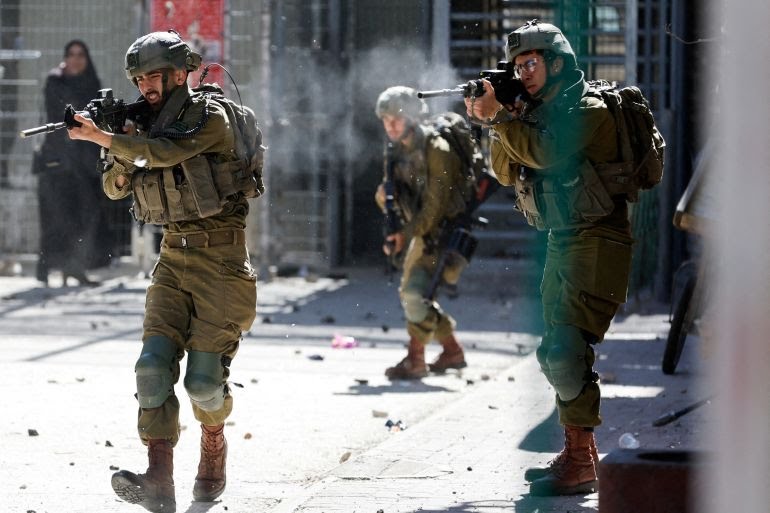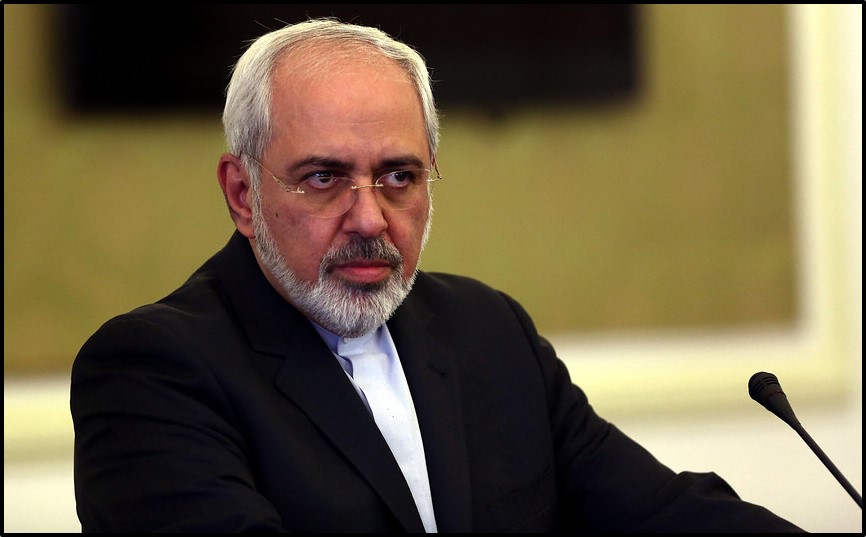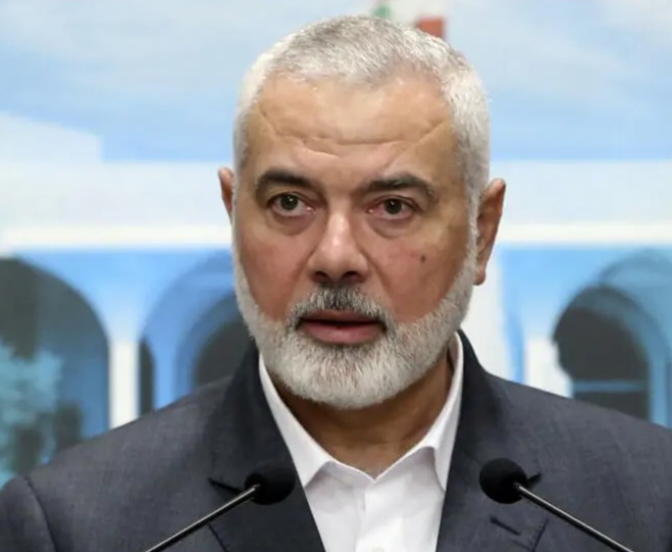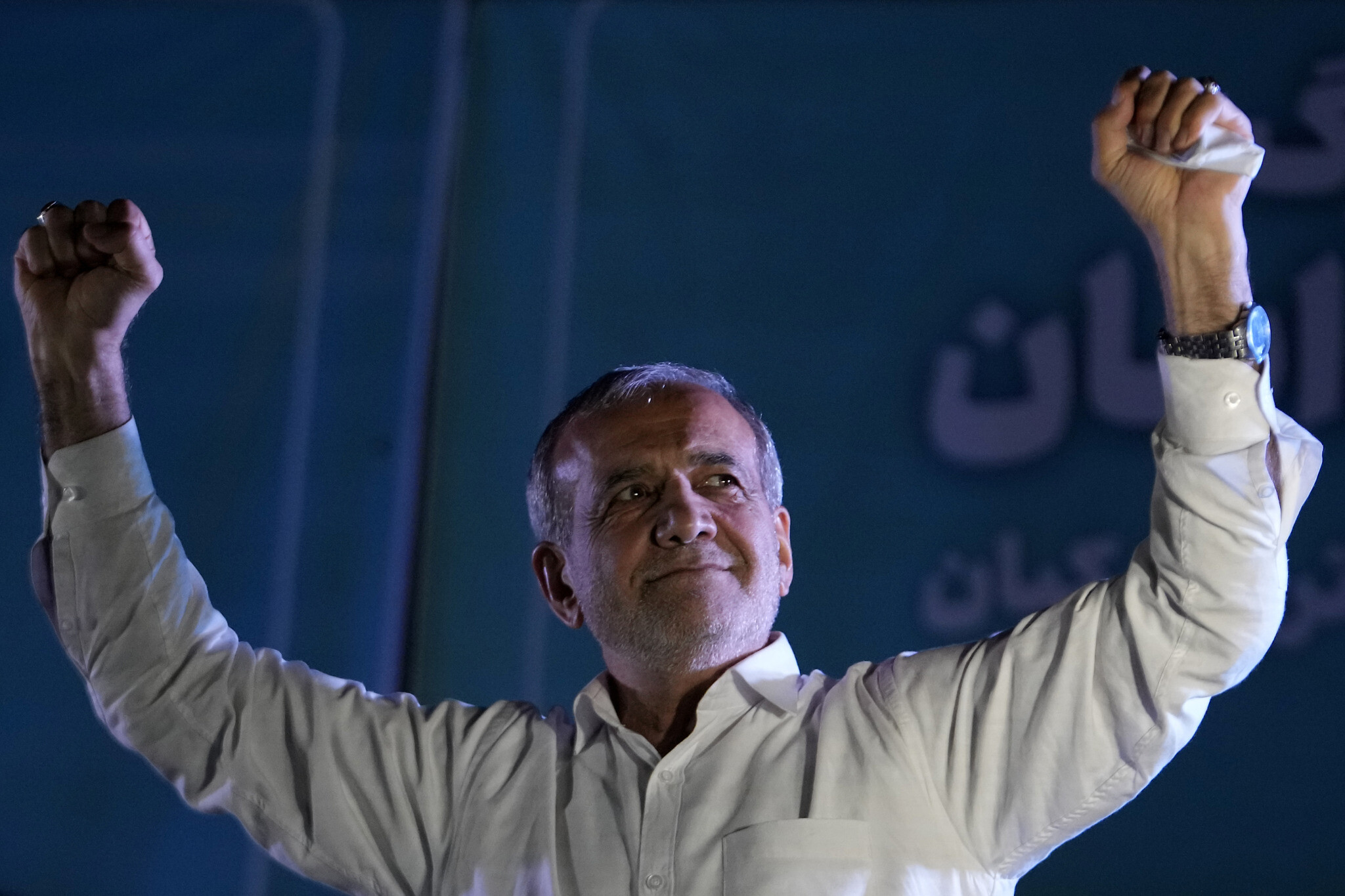The conflict in the Middle East worsened on Tuesday as Iran fired hundreds of ballistic missiles into several parts of Israel, including its state capital Tel Aviv.
Reports indicates that while some of the missiles were intercepted by the Iron Dome, many others landed, including in densely populated areas.
“A short while ago, missiles were launched from Iran to Israel,” the Israeli military confirmed in a statement.
Air raid sirens were activated across the country, including in major cities like Jerusalem and Tel Aviv.
Loud explosions were heard in Tel Aviv, while Israel’s air defense systems intercepted many of the incoming missiles, lighting up the sky.
The missile attack was in retaliation to the assassinations of Hezbollah’s leader, Hassan Nasrallah, Hamas’s political leader, Ismail Haniyeh, and an Iranian commander, according to a statement from Iran’s Revolutionary Guards Corps.
Iran warned that further missile strikes would follow if their country were attacked.
The missile barrage occurred just one day after Israeli forces launched a rare ground invasion of southern Lebanon, targeting Hezbollah, a militia backed by Iran.
Hezbollah, which has been engaged in an armed conflict with Israel for decades, responded with missile strikes on Israeli targets, including the Glilot base near Tel Aviv, home to the headquarters of Mossad, Israel’s intelligence agency.
U.S. officials have expressed strong support for Israel in the face of the attack.
A senior White House official warned that any direct attack on Israel would bring “severe consequences for Iran.”
President Joe Biden and Vice President Kamala Harris held urgent meetings with national security officials on Tuesday to discuss plans to assist Israel and protect American personnel in the region.
The U.S. has also begun mobilising additional military forces to the Middle East, with thousands of troops being sent to bolster the 40,000 already stationed in the region.
The situation has remained volatile, with both Iran and Israel continuing to exchange threats.
The Israeli military has called up additional reserve brigades to strengthen its northern border and is conducting airstrikes against Hezbollah targets in Lebanon, further heightening the risk of a broader regional conflict.
Recall that Hezbollah leader Hassan Nasrallah was last weekend killed in a targeted Israeli strike which sparked global reactions amid threat of retaliatory attack by Iran.
